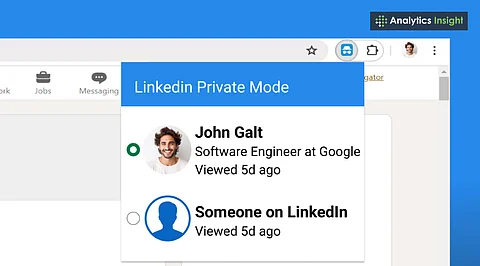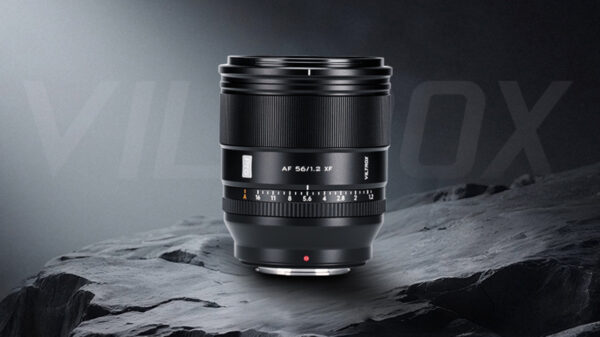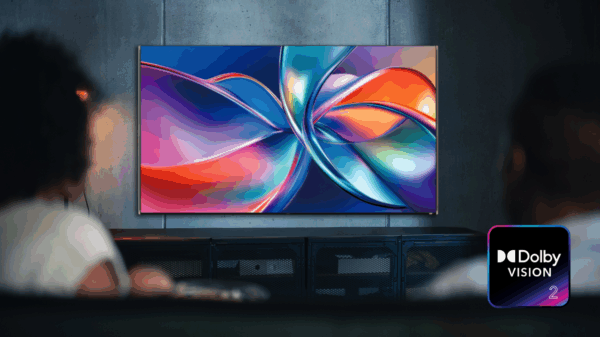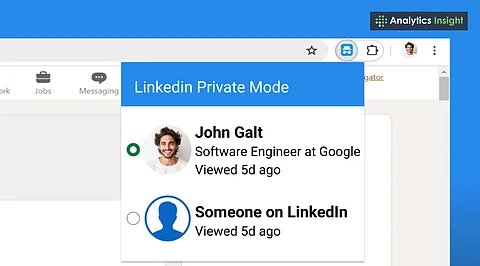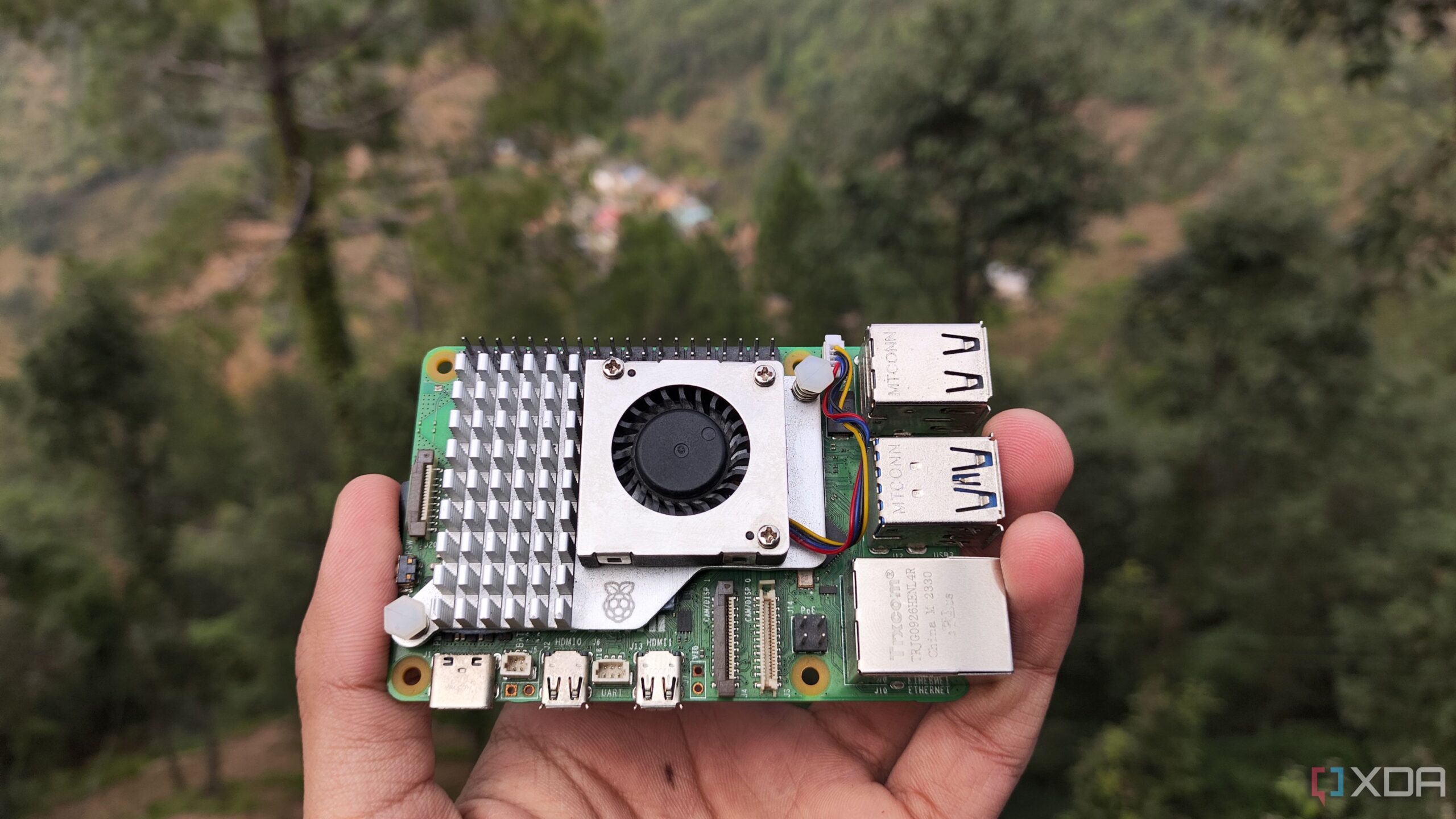UPDATE: The growing popularity of inexpensive mini PCs is rapidly challenging the dominance of Raspberry Pi in the DIY computing market. As of October 2023, tech enthusiasts are increasingly favoring affordable mini PCs over the Raspberry Pi lineup, which has seen significant price increases and outdated components.
Once celebrated for its low-cost entry into computing, the Raspberry Pi has now reached a tipping point. The latest Raspberry Pi 5, launched earlier this year, starts at $60, marking a stark contrast to the original’s launch price of just $35. While it boasts 4GB of memory, many users are left disappointed by its aging ARM Cortex-A76 processor, which is already five years old.
Mini PCs, particularly those equipped with Intel’s N97 and N100 CPUs, have become a game changer. Priced as low as $120, these devices not only outperform the Raspberry Pi 5 but also offer superior compatibility with major operating systems. In comparison, the Raspberry Pi’s recent models have struggled with package compatibility issues and lack support for many popular software distributions.
The shift towards mini PCs is not just about performance. Many tinkerers are realizing that the total cost of ownership for mini PCs can be surprisingly competitive. When accounting for the necessary accessories for Raspberry Pi, including active coolers and microSD cards, the price difference narrows to just $10-20.
Despite the Raspberry Pi’s legacy as a staple for DIY enthusiasts, its recent price hikes and performance limitations are causing many to reconsider. Older systems like the Intel i3/i5 mini PCs can be found for under $150, offering significantly more power and versatility for similar projects.
While there are niche applications where Raspberry Pi remains relevant—such as low-power setups requiring Power over Ethernet (PoE)—the broader market is shifting. For tinkerers on a budget, the Raspberry Pi Zero, starting at $15-20, is still a solid choice, but for most other applications, mini PCs are now the go-to option.
As this trend continues, those invested in DIY computing are urged to evaluate their needs and consider the benefits of mini PCs. With the landscape rapidly evolving, enthusiasts should watch for ongoing developments in this space.
In summary, the Raspberry Pi’s reign as the go-to single-board computer is under serious threat. With mini PCs delivering more performance at competitive prices, the DIY computing community faces a pivotal moment.




















